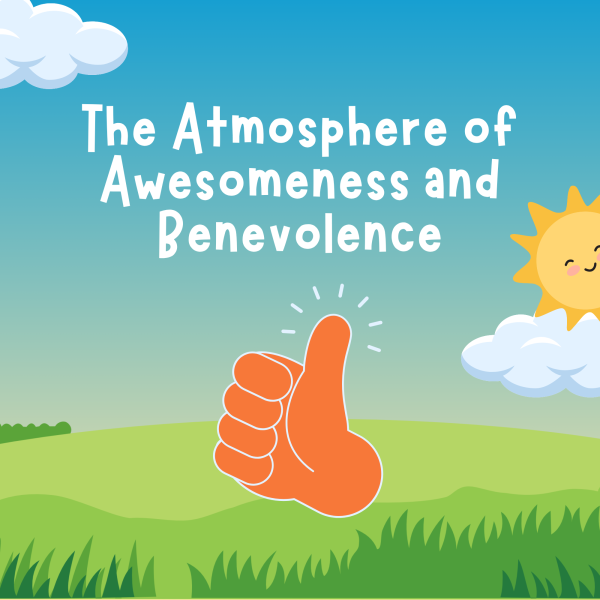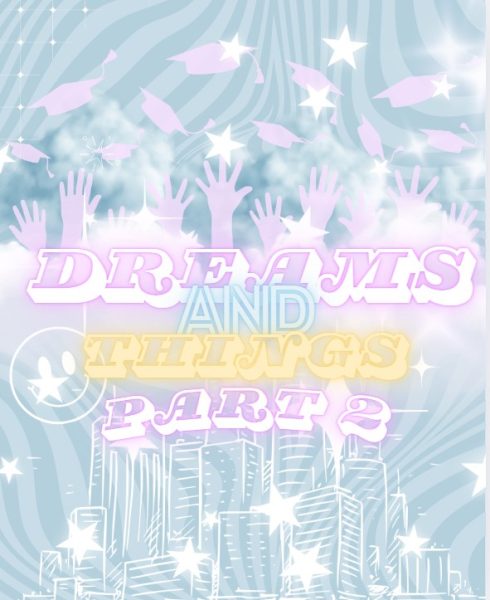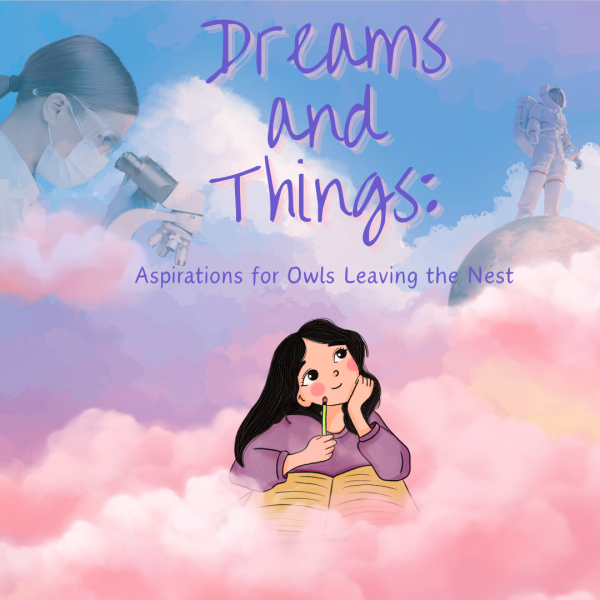ANXIETY
Coping with anxiety
[ File # csp10663613, License # 1918991 ] Licensed through http://www.canstockphoto.com in accordance with the End User License Agreement (http://www.canstockphoto.com/legal.php) (c) Can Stock Photo Inc. / kbuntu
Anxiety is the feeling of uneasiness, or “Butterflies” in your stomach. It is your fight-orflight reactions being extremely sensitive. In other words, its the feeling you have before performing, talking in front of groups of people, or before the first day of school. Sometimes those are the only times people experience anxiety. Other times, people experience it from the time they wake up, until they go to bed.
I found out I had an anxiety disorder when I was in 6th or 7th grade. I remember feeling like I finally had a clear diagnosis, so that had to mean there was a cure, right? Wrong. Since then, I have still struggled with learning how to manage my anxiety (as well as bipolar disorder) to keep myself on track. Anxiety comes in different shapes and sizes. I know some people who feel the same way I do, and some people who feel completely different. Anxiety can range from feeling “butterflies” and shaking, to feeling nauseous, making yourself physically sick, or even not wanting to leave your house.
How anxiety affects me. Recently my anxiety has been so bad that I fear leaving my own house. It’s not that I’m scared of the world, but I’m a creature of comfort, and going to the doctor or somewhere a lot of people will be scares me. I also get anxiety when eating foods that could potentially upset my stomach, anything spicy, too greasy, or anything I haven’t had
before, because I’m afraid of being sick. Being afraid of getting sick causes me to feel stressed out and anxious, which in turn causes me to feel anxiety in the form of nausea, and then I’m not sure if I’m actually sick or just anxious. People feel anxiety in different forms. Some people feel “butterflies in their stomach” and they can handle their anxiety by facing their fears. Some people feel it in the form of depression. A lot of people feel it by feeling shy, sweating or shaking, and having racing thoughts, as if they were about to talk in front of a group even if they are only ordering food from a restaurant. Unfortunately, I feel anxiety in every way listed, and so do many other people.
Here are some resources if you, or someone you know deals with anxiety. Deep Breathing. Breathe in through your nose for 5 seconds, and out through mouth for 6 seconds. Repeat as many times as needed. Muscle relaxation. Start at your feet, tense up the muscles by pointing your feet up towards your face and hold it for 10 seconds. Slowly release the tension. Tense the muscles in your calves for 10 seconds, then slowly release the tension. Work your way up to your eyes and repeat as many times as you need. -Journaling. Writing down how you experience anxiety, what helps you, what makes it worse, etc. -Meditation and yoga. -Focusing on coloring.
You can buy a coloring book for relaxation or get the app Colorfy if you want something you can take with you. -Listening to calming sounds. Rainforest, ocean, or wind chimes work for me. I use an app called Relax Oriental, and do deep breathing exercises at the same time. -Routine. I find that having a routine you can always rely on helps to keep my anxiety from happening when I’m out and around a lot of people. If I have to go somewhere I’ll tend to do it in the afternoon or evening, so I have the morning to do anything I want. If I start to feel anxious or panicky while I’m out I know I have a set routine I can go home and do. I recommend making this routine something that includes productivity, because a lot of my routines include sitting in my bed and reading, or watching Netlfix, because I feel comfortable doing that and being alone. That tends to lead to me falling asleep, procrastinating finishing assignments or even forgetting to do normal human necessities like brushing my teeth and taking off my makeup.
If you have friends or family that has an anxiety disorder, here are some ways that you can help them. – Listen to them. A lot of times talking about what I’m feeling helps me figure out, and come to the conclusion that I’m going to be okay. – Support their decisions while having an anxiety or panic attack. When someone triggers the feeling of “Fight-or-flight”, they will do anything to make sure they are safe. Even if they are not in immediate danger, they will stay where they feel
comfortable. If you know someone is suffering from this, don’t try to force them out of their comfort zone. For me, this means not going into crowded restaurants, not trying a lot of new foods, and not going to places that give me a bad gut feeling. – Alternatively, if someone is not having the fight or flight reaction, gently encourage them to do something different. I find that when I go somewhere I don’t normally go, not only am I safe, but I feel much better than I did before.
I am learning how to cope with my anxiety, just like anyone else who experiences it. I’m obviously not a professional, so I would highly encourage you to see a psychologist if you feel that your anxiety is interacting with your life in a way you can’t handle. I used to be scared of taking medicine and going to therapy, because I didn’t want to look different, or weird, and while I’m still on a trial-and-error basis of learning what medication works with my body, many people have told me that they feel one hundred times better when they found something that works for them.


![[ File # csp10663613, License # 1918991 ]
Licensed through http://www.canstockphoto.com in accordance with the End User License Agreement (http://www.canstockphoto.com/legal.php)
(c) Can Stock Photo Inc. / kbuntu](https://ihoot.iuniversityprep.org/wp-content/uploads/2016/09/Anxiety-words.jpg)




